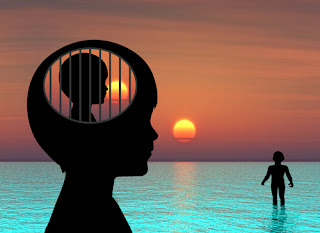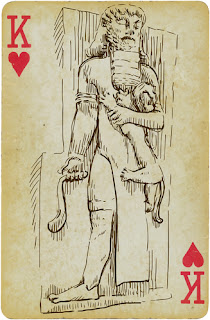 |
| Favorite picture of the month my brand new niece Leilani |
This has been an incredibly busy month for me. I started my second class of the semester (now I'm taking Abnormal Psychology and an EMT certification class). These, together with my full time job in a nursing home and my volunteer work at a crisis hotline, keep me feeling pretty darned overwhelmed.





